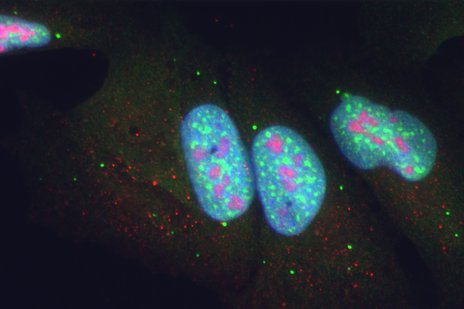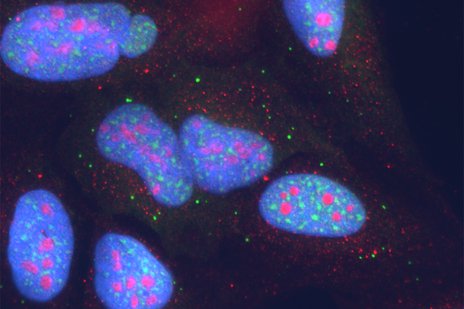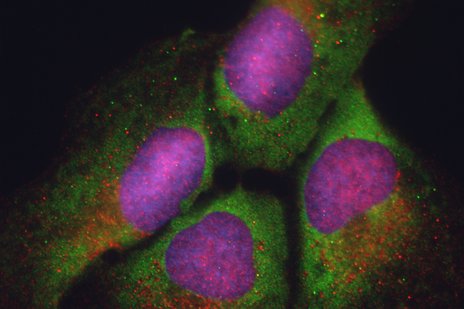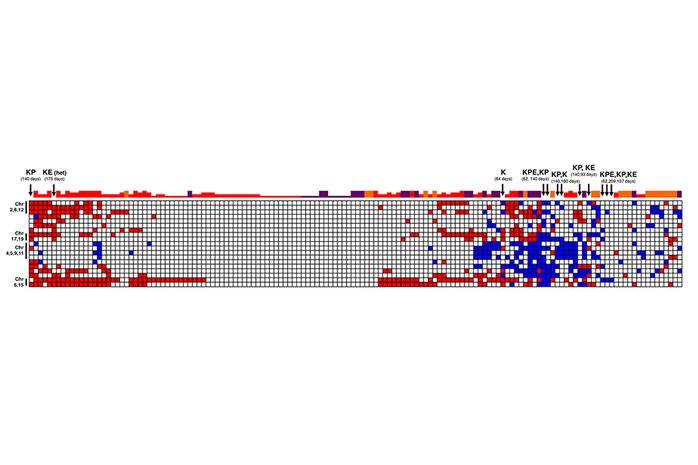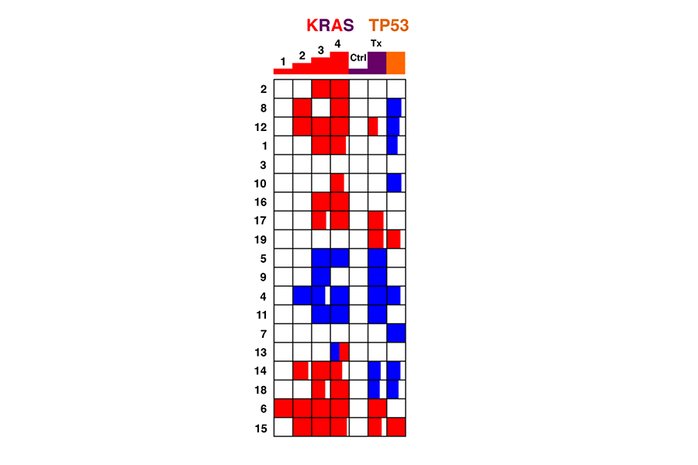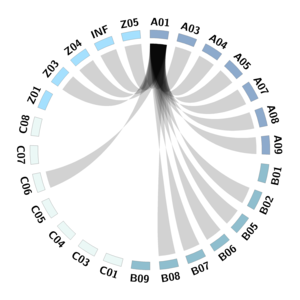A01
Identification and characterization of molecular vulnerabilities in SCLC
In A01, C. Reinhardt and F. Beleggia will employ genetically engineered mouse models and in vivo screening tools, to address fundamental questions in SCLC biology and treatment response. The team will conduct in-depth studies employing different GEMMs coupled with high-resolution single-cell analyses aimed at identifying the key steps in malignant transformation of pulmonary neuroendocrine cells (PNECs). A particular emphasis will be based on studying the impact of tobacco smoke in the context of engineered alterations of Tp53 and Rb1. They will also seek to identify, which molecular features govern response to inhibitors of the DNA damage response and of the cell cycle that are being explored clinically. Finally, building on their observations made during the first funding period, they will seek to characterize the molecular mechanism of action of inhibitors of glutamatergic signaling in vivo, ultimately, with the goal of identifying potent and selective entry routes for therapeutic intervention. The team will collaborate with A07, B01, B02, C01, Z03 and Z04 with the goal of deciphering the initial steps that drive malignant transformation and how these initial events determine response patterns in full-blown disease. They will further deploy the expertise of our CRC (Z01, Z03, Z04, INF) to further characterize synaptic inputs in SCLC as potentially druggable structures.
Principal Investigators

Univ. Prof. Dr. med. H. Christian Reinhardt
Director
University Hospital Essen
Department of Hematology and Stem Cell Transplantation
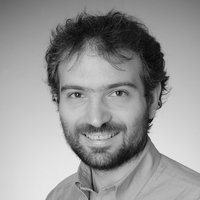
Dr. nat. med. Filippo Beleggia
Junior group leader
University of Cologne
Department of Translational Genomics
